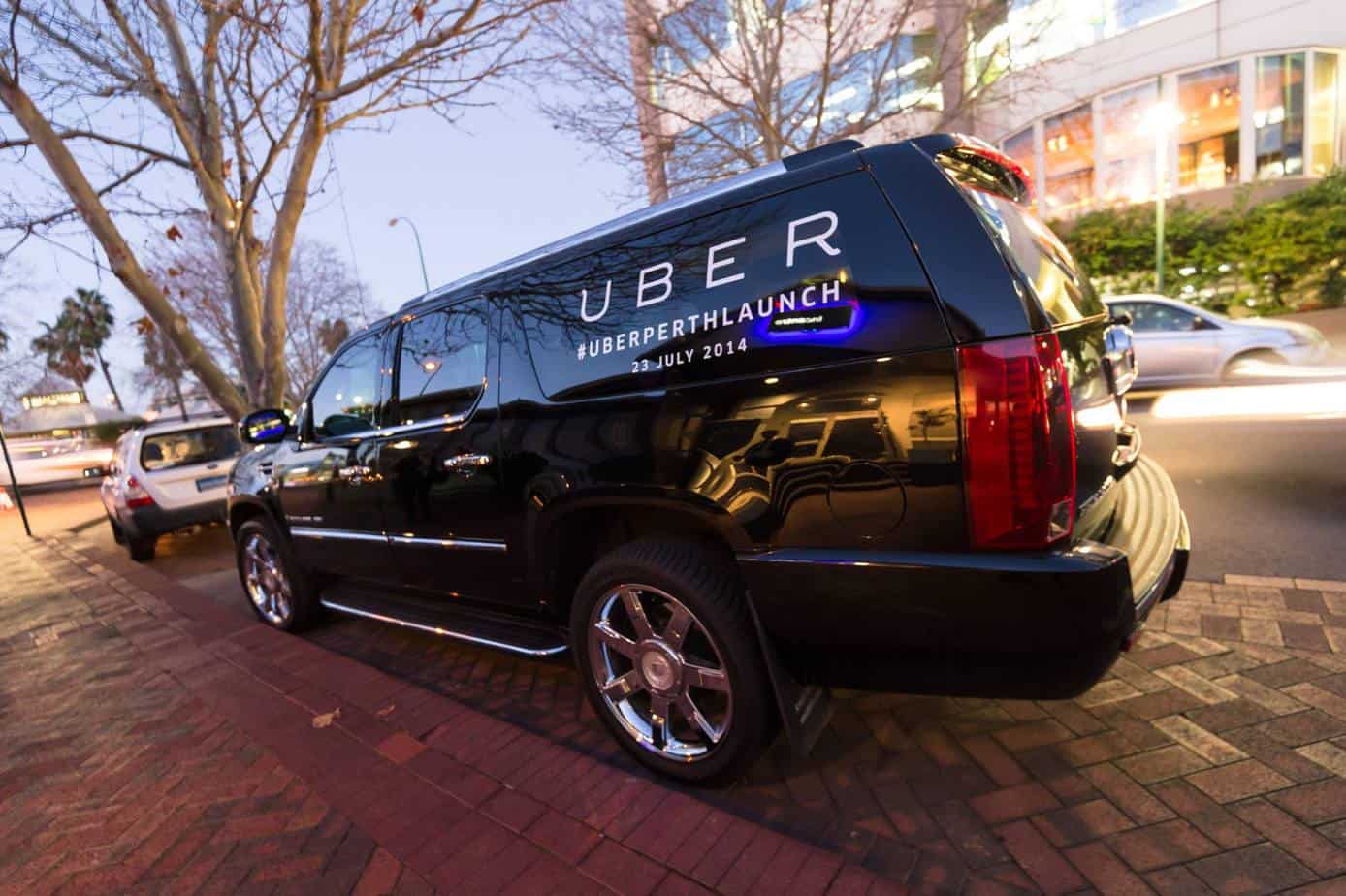


If you don’t understand Uber and the controversy surrounding it and the city of Boise, let me explain this way: Imagine being able to “hail at taxi” without having to carry cash or credit cards. Imagine knowing who your driver is, what car he or she drives and what other Uber passengers think of the driver before you get into the car. That’s what Uber (and ride sharing services like it) offer. It’s better and safer than any taxi you’ve ever used.
Uber has found a way to monetize (for the company and its drivers) the simple notion that you can use your own car and be paid to give people rides places. This is something that occurs all the time, in Boise and other communities, without government's OK. Think of the time a friend offered you a few bucks to go to the store. It’s the same thing. It’s safer than hailing a taxi from a stranger. It’s even safer for the driver, who also knows the identity of the passenger before that person enters the vehicle.
The other day, I was up at Bogus Basin. One of my skis broke at the top of the Silver Queen ski run. I decided to walk back to the repair shop at the bottom of the hill when another kind skier offered a ride in his pickup truck. If I had paid that person for his services, and if Bogus Basin were in the city of Boise, that transaction would have been illegal.
Who is Boise protecting by thwarting Uber? Who wins and who loses when the government steps in and stops innovative technologies such as this? Boise officials claim they’re trying to make the city the most livable in the country. Here’s an opportunity to prove it by letting Uber and its drivers make some money while providing safe, affordable transportation to people who need a ride.


